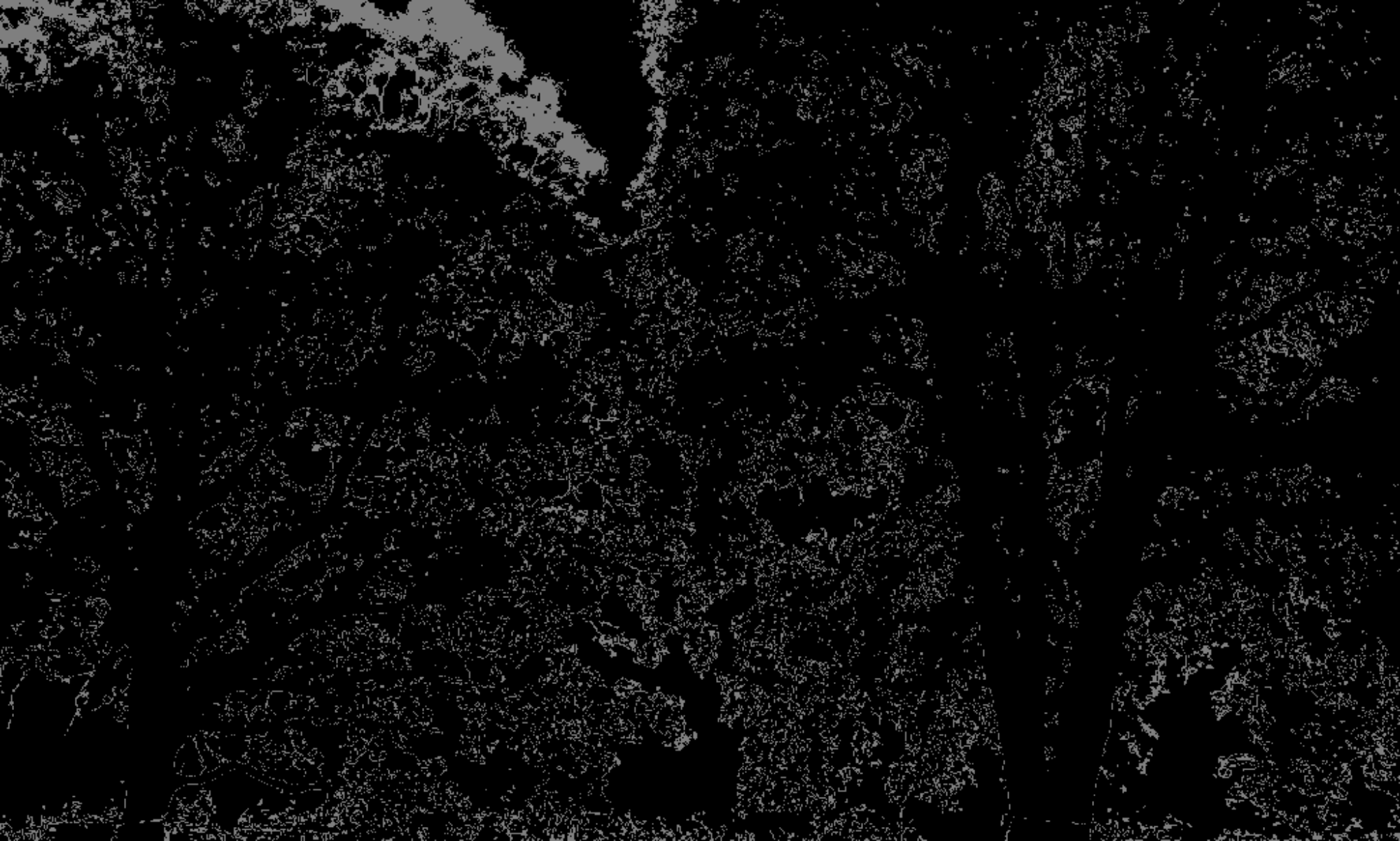
Yesterday, a famous American writer died at the age of 88. She was the mother of a good friend of mine. I met her once at his house, and we had a nice conversation. I didn’t know her well, although I would have loved to have. She reminded me of my mother. They both were/are (my mother is still alive) two years apart in age, both writers, both accomplished, both brilliant, both overly critical of other people, both justifiably angry about the lot that women in this country, and in the world have been cast. They both fought in their own ways to bring about social and cultural change. They both loved cats. They both loved their children.
When I read in the Times that my friend’s mother had died, I cried like a baby, not because I mourn her specific loss, although her passing is a great loss, but because she represents my mother, and all of our mothers. Everybody’s mother dies. I cried for the sorrow that my friend and his sisters must be feeling about the loss of their mother. I cried for the inevitable loss of my mother, the death of my husband’s mother earlier this year, and the death of the numerous mothers of my various friends over the last few years.
One of the privileges of having survived into middle age is that we get the honor of entering into what I have started to call the “season of loss.” For some people, it begins in their forties, and for others their fifties. For the truly unfortunate, it can span decades. A lucky few don’t enter it until later in life. It depends to some degree upon how old your parents were when they had you, and on the genetics of your family. I remember my mother’s season of loss. She was in her forties and fifties, during which time she lost her true love in a car accident, the woman I am named after, her mother to old age, two of her sisters–one to breast cancer and the other to a probable suicide, a brother to emphysema, and a number of close friends, mostly to cancer.
The season of loss is something that nobody is properly prepared for even though every single person who lives beyond a certain age will experience it. Nobody’s friends, parents, spouses, or children will live forever. Everybody will die, and, in fact, is in the process of dying with each living, breathing moment. Knowing this brings little comfort. There is no preparation. The season of loss is an experience, a developmental stage, if you will, of mid-life. One can no more prepare for it than one can prepare for the vicissitudes of parenthood, or the ritual transformation that marriage brings to a relationship.
Although I mourn the loss of all of our mothers, I find solace in the thought that the season of loss is our rite of passage into an “age of wisdom,” a time in our lives when we know with certainty that we are mortal, that our time on this beautiful planet with our beautiful people is finite. With this knowledge, perhaps we can make better choices, do more meaningful things, enjoy ourselves a bit more, worry a little less about things that don’t matter.

